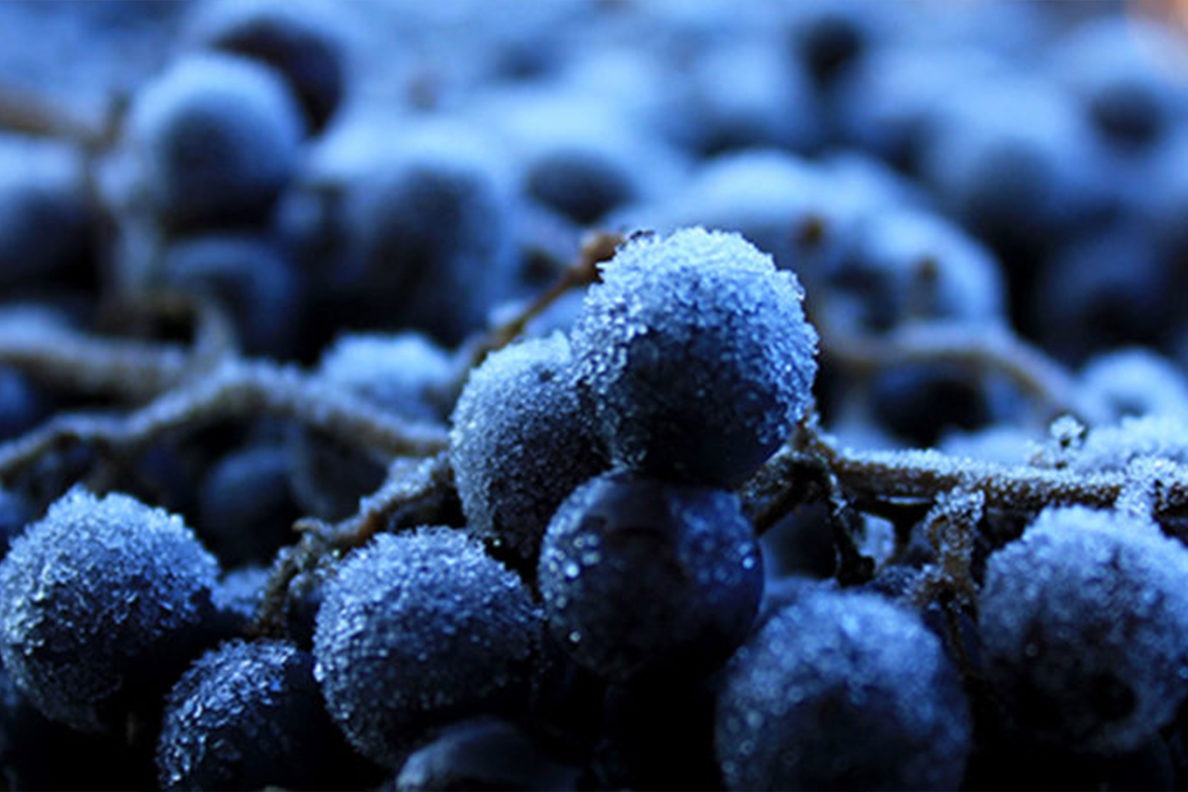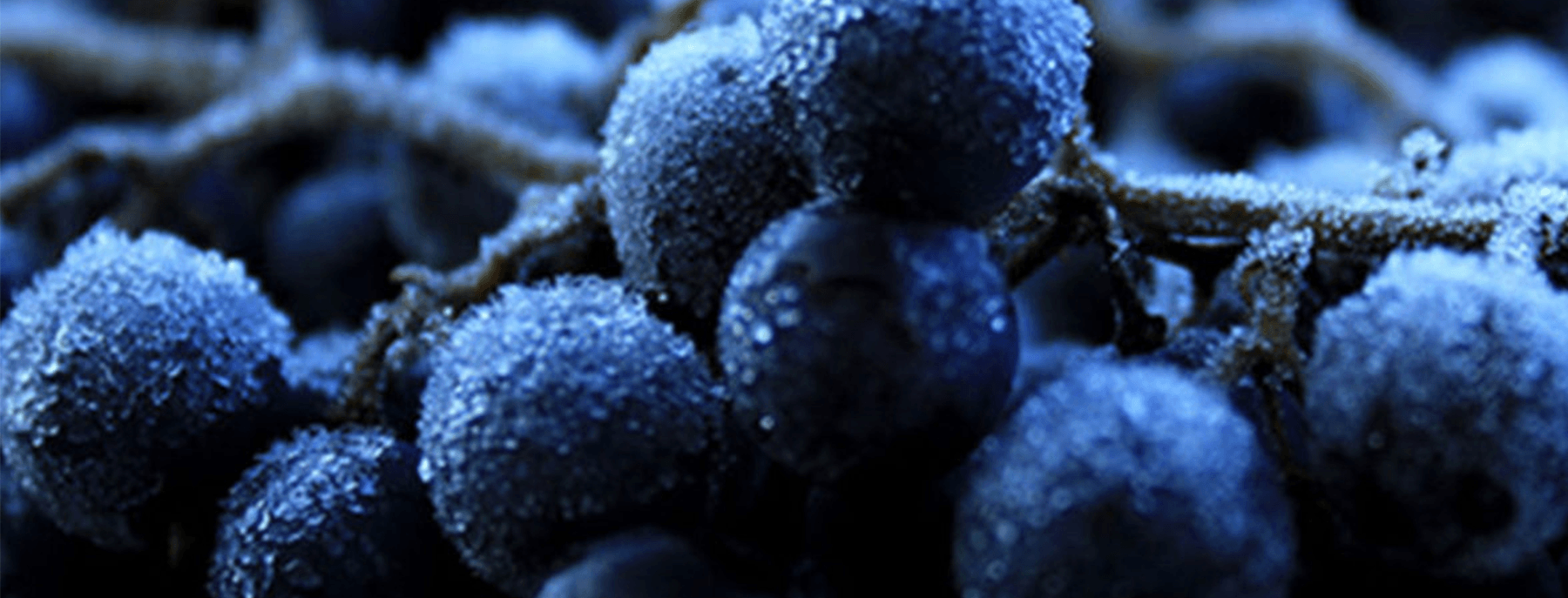May 16, 2019 Organic vineyards and natural winemaking present new marketing opportunities for Pacific Northwest
RICHLAND, Wash. – The rising number of organic grape‑growing regions in the Pacific Northwest presents a new opportunity for wine marketing around the popular wine buzzword terroir, according to a new study by a Washington State University Tri‑Cities researcher.
The term “terroir” derives from the French word “terre,” meaning land, and is used to denote the specialist characteristics of a place. This can include cultural landscapes, know-how within the industry, tools, techniques and local products, said Byron Marlowe, program coordinator and clinical assistant professor of hospitality and wine and beverage business management.
Older wine growing regions in Europe have capitalized on marketing terroir characteristics pertaining to climate, storytelling and history of their region. For newer wine regions like those in Washington state and Oregon, an opportunity also exists in developing wine tourism by marketing terroir characteristics such as natural vineyards, organic practices and the wineries that call them home, according to a study Marlowe published in Beverages.
While the study focuses primarily on the wineries of Oregon, Marlowe said similar opportunities exist in Washington. Unique organic terroir characteristics, he said, present opportunities for wine tourism marketing that may be currently underutilized in the region.
Organic as a unique selling point of terroir tourism
Marlowe said terroir can drive consumers to wine regions for the sense of place and environmental experience of wine, in addition to classic wine country attributes. In Oregon, more than 50 percent of grape growing operations are certified organic, he said, which presents a unique wine cultural experience.
“There is a theme that is being set first among terroir factors in Oregon, and that theme is sustainable agricultural practices,” he said. “It has everything to do with how they treat the vines, the soil. These are vineyards that aren’t manipulating or pressuring the growing process, and people are responding to that by wanting to visit the sites of these vineyards and wineries, and by wanting to observe the sensory experiences of more natural vineyards.”
While it is harder to achieve a consistent flavor profile using natural practices, Marlowe said the attention to the growing process is what fascinates and excites tourists about Oregon’s wine region and ultimately leads to purchasing of the state’s wines. He said within the beauty of natural wine lie flaws and inconsistent vintages, yet it is what is closest to the historical practices of traditional winemaking and true to the terroir of a region.
“There is a real new movement toward natural wines,” Marlowe said. “Organic vinicultural practices seek to preserve and protect the natural environment, as well as maintain the naturalistic qualities of the wine produced from the region. Both Oregon and Washington could capitalize on these characteristics in how they market their wine regions, which gives them a unique attraction point that stands to grow their wine economy.”
Washington organic
Marlowe said Washington wine country in the Tri‑Cities, Prosser and Walla Walla currently capitalize on the sensory terroir experience stemming from unique storytelling attributes of the region, but there are additional opportunities to capitalize on the organic market.
He said Badger Mountain Vineyard in the Tri‑Cities and Hedges Family Estate on Red Mountain in the mid‑Columbia region, both feature bio‑dynamic farming practices, which have attracted a new brand of wine tourists to the area. That brand, he said, only stands to grow as awareness of sustainable practices continues to spread around the world.
WSU Tri‑Cities – a leader in wine business and wine science
WSU Tri‑Cities is one of few universities across the country that has both degree programs in wine and beverage business management and viticulture and enology. It is the home of the Ste. Michelle Wine Estates WSU Wine Science Center, a premier, state‑of‑the‑art wine science facility that conducts leading research in the fields of viticulture and enology, and features expert researchers in the fields of marketing for wine and beverage business- and hospitality-related sectors.
 The rising number of organic grape-growing regions in the Pacific Northwest presents a new opportunity for wine marketing.
The rising number of organic grape-growing regions in the Pacific Northwest presents a new opportunity for wine marketing.




